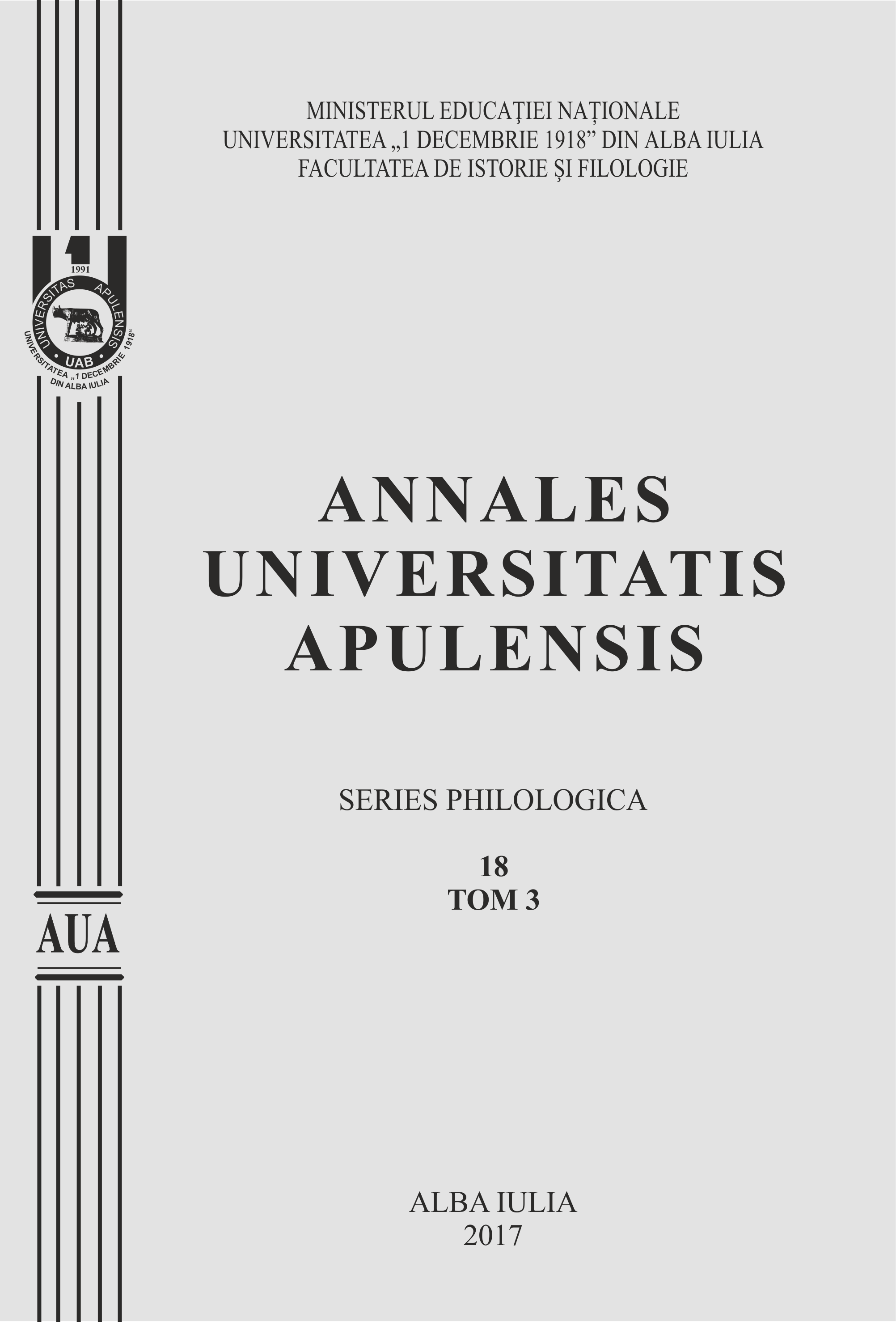EVALUAREA DIN PERSPECTIVA CENTRĂRII PE ELEV
ASSESSMENT FROM A STUDENT-CENTRED PERSPECTIVE
Author(s): Liana TăușanSubject(s): Language and Literature Studies
Published by: Universitatea »1 Decembrie 1918« Alba Iulia
Keywords: assessment; centered on student; alternative evaluation methods; the formative assessment; the constructive assessment
Summary/Abstract: The paradigm of „adapting school to the learning necessities and possibilities of the student”, a characteristic of future education, but also of educational systems organized according to the network model, requires a diversification of the learning situations and experiences, which should be built in accordance with the possibilities and the needs of all student categories, in order to respond to the principles of: “inclusive education”, “education for all” and “integrated education”. The requirement of placing the student in the centre of the educational process, of adapting all activities to his capabilities and interests, is an approach to education particular to the constructivist paradigm, which, by comparison with the traditional paradigm, presents a number of significant changes in design, strategy and action. The flexibility and individualization of the curricula, through the adaptation of the educational offer to the individual needs, is one of the priorities of the Romanian pre university education reforms, representing an essential aspect of the curricular system reformation. The evaluation, as an important component of the education process, consists in measuring and assessing the results of the educational system in general and the academic results in particular by comparing these results with the proposed objectives, with the purpose of making decisions for the amelioration of the activity in the following stages. The main courses of action regarding the improvement of the evaluation process, consistent with the paradigm of student-centred education, are aimed at the following aspects: extending the evaluation act from the verification and assessment of the results to the evaluation of the teaching-learning process which generated the obtained results, diagnosing the strengths and weaknesses of the two processes; shifting the emphasis in evaluation from cognitive acquisitions to the intellectual development, the ability to apply knowledge into practice, the conduct and attitude of the pupils, the degree of incorporation of certain values; centring the evaluation around positive results (and not on permanently sanctioning the negative ones); diversifying the assessment techniques and adapting them to the concrete didactic situations; the respect of each teacher, in their relationships with their pupils, of the same requirements and criteria of assessment; cultivating the students’ awareness of the requirements and criteria of assessment, as a foundation for the development of their self-evaluation ability; promoting the students’ understanding of the role of the evaluation act: that of regulating and continuously improving the teaching-learning process; giving a greater weight to formative assessment. Emphasizing the use of alternative evaluation methods and adapting them to the concrete didactic situations: the portfolio, the project, the investigation, the systematic observation of the activity and the conduct of the pupil, the evaluation form, assessment checklists - all of these represent concrete modalities through which the teaching staff can put into practice the principles of the student-centred paradigm. Furthermore, the formative assessment, the self-assessment, and the constructive assessment represent didactic methods of optimizing the learning process.
Journal: Annales Universitatis Apulensis. Series Philologica
- Issue Year: 18/2017
- Issue No: 3
- Page Range: 261-268
- Page Count: 8
- Language: Romanian

